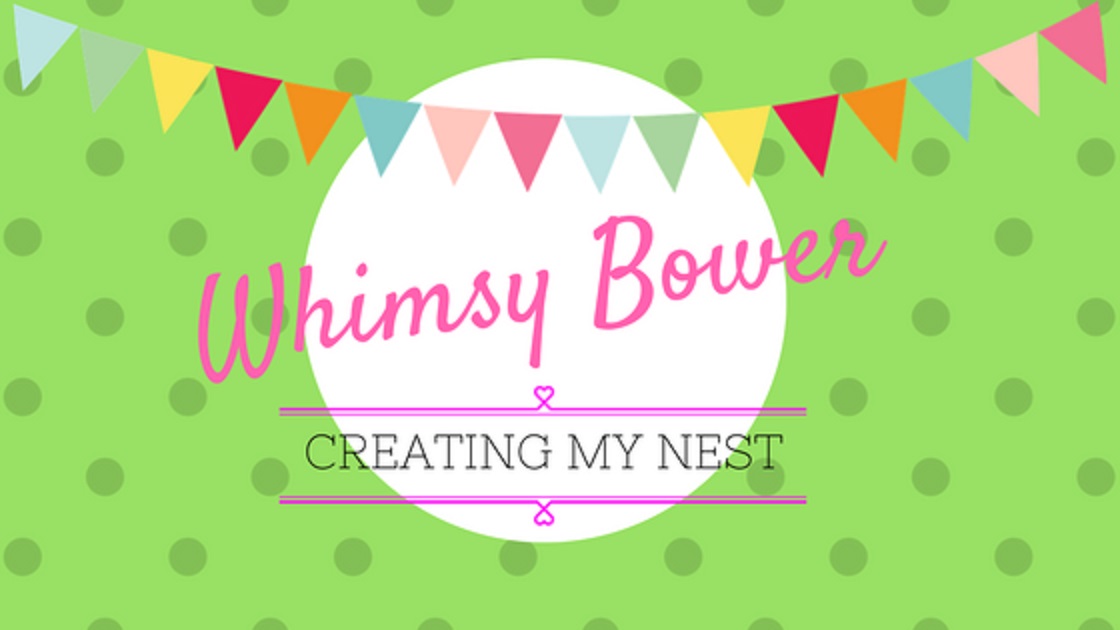 Every so often a book comes along that totally changes your outlook. Within a few pages of starting The Omnivore's Dilemma, I knew it would be one of those books.
Every so often a book comes along that totally changes your outlook. Within a few pages of starting The Omnivore's Dilemma, I knew it would be one of those books.
Ultimately, The Omnivore's Dilemma seeks the answer to the query "What should we have for dinner?"; a question that is only simple on the surface.
When agriculture (even organic agriculture) becomes industrialized and we are faced with a surfeit of food choices, when animals are raised in factories and our culture suffers from major food anxieties, the question (and resulting dilemma) starts to take on some serious depth and a tangled mess of implications. Michael Pollan explores the question by following three types of meals from their origins to the table.
Part One focuses on Industrial Corn and its corresponding meal of McDonald's fast food (eaten in the car, no less). Part Two takes Pollan to the diminishing (but hopefully rebounding) world of Pastoral Grass, and the meal originating from a truly sustainable "grass farm," where the farmer works with nature instead of trying to turn it into a commodity. Part Three is all about the forest and a completely foraged meal. Pollan talks to farmers, visits CAFOs (Concentrated Animal Feeding Operations aka Factory Farms), bales hay, risks life and limb, kills chickens, tries vegetarianism, discovers the secretive world of mushroom hunters, philosophizes, and questions everything. He also shares fascinating bits of information--from the "beauty and wonder" of corn sex to why rats (fellow omnivores) are so difficult to poison. I guarantee you'll never look at food (or the way it's produced) the same way again. I know I haven't.
Changes I've been inspired to make after reading The Omnivore's Dilemma:
- Besides buying organic, free-range meat, I'm now switching to grass-fed beef. Part One of the book (Industrialized Corn) convinced me beyond any shadow of a doubt that cows should not be grain fed. It's bad for them, bad for us, and bad for the environment.
- This isn't a change, but my commitment to free-range, organic eggs has been reinforced.
- Given the choice between two similar products I'll choose the locally produced one now. If it's also organic, so much the better, but local now trumps organic for me.
- I'm slowly weaning myself off as many over-processed foods as I can. Breakfast cereals (my major weakness) are the first to go. I'm switching to homemade granola or oatmeal for breakfast.
- No more fast food for me: cheap in price but expensive in other, less immediately obvious ways.
- I'm going to give foraging a try. Starting this spring I'll be heading out with my mom to pick wild dandelion greens and grape leaves. Ultimately I'd love to go mushroom hunting (I'll need to find someone experienced to show me how, though).
- I'm considering growing more food than I already do, but the squirrels tend to get to it before I have a chance, so I'll have to think about that one!
I hope (and believe) these changes will result in a positive effect on my health, the local economy, the environment... and homemade/locally grown food tastes way better too. All this from reading one book. Of course, now I have to read Pollan's other books too--what a hardship.
Quote from The Omnivore's Dilemma:
So we find ourselves as a species almost back where we started: anxious omnivores struggling once again to figure out what it is wise to eat. Instead of relying on the accumulated wisdom of a cuisine, or even on the wisdom of our senses, we rely on expert opinion, advertising, government food pyramids, and diet books, and we place our faith in science to sort out for us what culture once did with rather more success. (p 303)
The Omnivore's Dilemma by Michael Pollan. From Penguin. Also available as an e-book.
[Edited to update title and links. Follow me on my official site: AspasiaSBissas.com]


2 comments:
Some people find Pollan to be a bit preachy, but I really enjoyed Omnivore's Dilemma. I'm not sure if it changed my life, but that's partly due to the lack of alternatives where I am.
I envy you for being able to find grass-fed beef, free range eggs and the like. And for having a garden to grow food in! Although I am lucky in that Japan has tonnes of wild plants for foraging (but sadly the craze for pet dogs means that it can't easily be done in the city).
As for those squirrels, why not take a page out of the book? Specifically, the third section. If you're stuck on how to proceed, older editions of The Joy of Cooking have handy skinning instructions and a recipe for squirrel stew.
You make me laugh :) To respond:
I don't know if Pollan is preachy in his other books, but I didn't find him to be in this one. I think the people who feel they're being preached at might also be feeling a little bit guilty.
Grass-fed beef isn't so easy to come by here, although Toronto is blessed with a few really good butcher shops. I hear you about foraging--it's difficult to trust anything that's not far away from humans.
As for the squirrels, I could never kill them. For one, they're rodents (I'd be too grossed out by the thought of parasites). Secondly, they're cute rodents! I'm just going to have to find a way to discourage them :)
Post a Comment